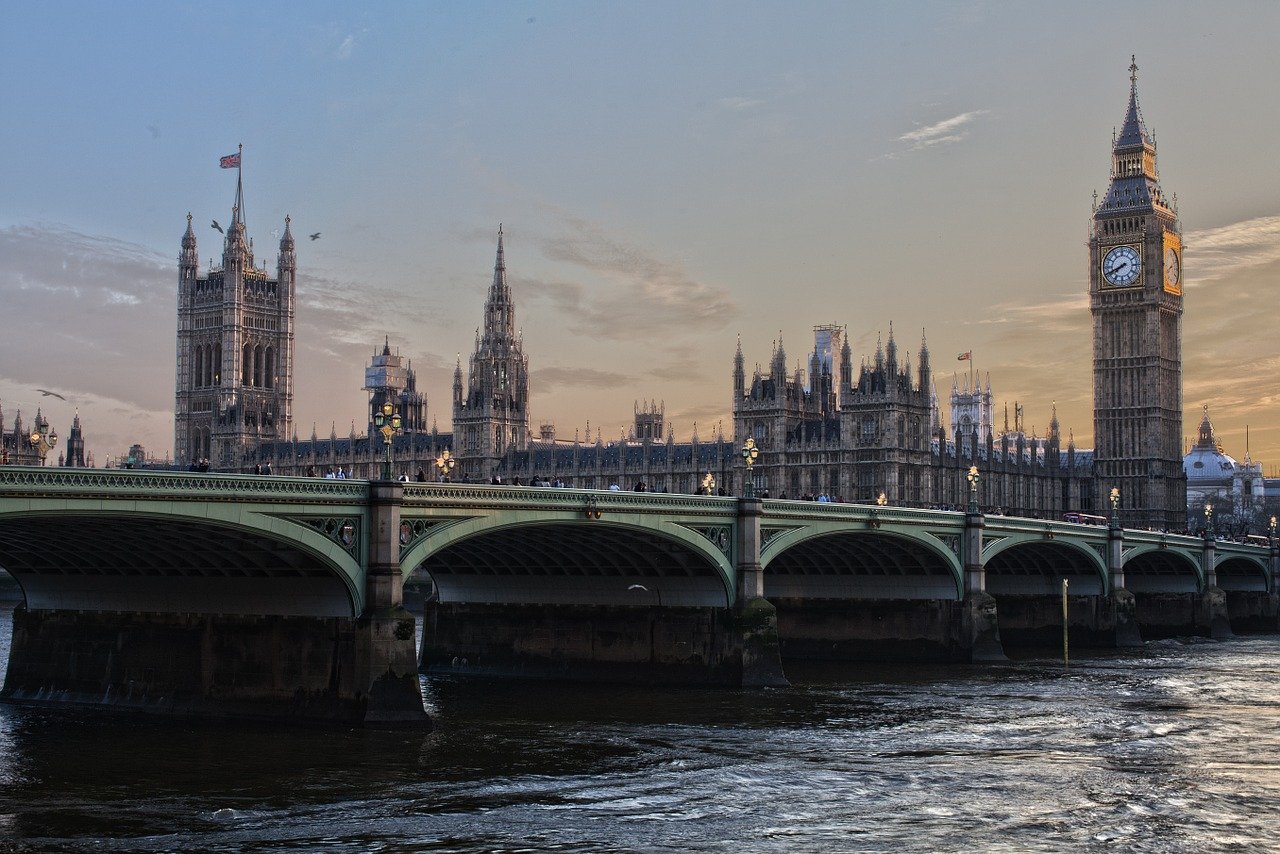Government support for businesses
The government has today announced a new package of measures to support businesses through to March 2021 following the introduction of further restrictions and rising COVID infection rates.
The measures, whilst not as generous as those introduced earlier this year, will be welcomed by businesses facing an uncertain winter, says accountants, business and financial advisers Kreston Reeves. But the devil will be in the detail.
The measures announced today include:
Job Support Scheme
The furlough scheme will end on 31 October and will be replaced with financial support for businesses with staff working reduced hours. The Job Support Scheme will:
- Be available for businesses with staff working at least one third of their normal hours.
- The government will then top up salaries by one third of the remaining two thirds, with another third due by the employer. This results in an employee working 1/3 of their normal hours receiving 77% of their normal wage, with 22% funded by the government and 55% by the employer. The scheme is open to all SMEs and to larger businesses who can show a fall in turnover.
- The scheme will start on 1 November 2020 and operate for six months.
Andrew Wallis, Corporate Tax Partner at Kreston Reeves said: “The question that companies must answer is whether they are prepared to pay a premium for an employee to work reduced hours in order to avoid the cost of making more long-term structural redundancies. The scheme will only be of benefit to employers where there is a genuine expectation that the roles will be required from May 2021.”
Pay as you grow
The government has to date made available some £38bn in bounce back loans to SMEs with repayment terms of up to six years Now, repayment terms of those loans can be extended to up to 10 years, effectively halving monthly repayments. Businesses facing particularly acute cash flow challenges can opt to repay just the interest or defer repayment altogether for up to six months.
Businesses that have taken advantage of CBILs will now, thanks to an extended government guarantee, also have up to 10 years to repay borrowing.
Bounce back loans and CBILs applications will now remain open until the end of the year, and will be replaced with a new ‘successor loan scheme’ from January 2021. Details of the successor loan scheme have yet to be published and will be keenly awaited.
John Walsham, Business Development Consultant at Kreston Reeves said: “This is a welcomed extension to the government-backed loan schemes which has aided the cash flow of many businesses on very attractive terms. Those businesses who have already received a smaller bounce back loan may wish to consider converting that into a larger CBILS facility, whilst the scheme still remains open to build the necessary capital buffer required. Times are still very uncertain, and many businesses will currently be considering the effect on their cash flow if further lockdowns are instigated.”
Deferred tax bills
Half a million businesses have to date deferred £30bn of VAT payments until March 2021. The Chancellor has announced that payments can be spread over 11 smaller instalments with no interest penalties. Self-assessment income taxpayers have also been given the opportunity to spread payments over a 12-month window from January 2021.
Hospitality and tourism
The hospitality and tourism sectors are amongst the most affected and are likely to remain so for many months to come. The extension of the 5% VAT rate through to 31 March 2021 will be welcomed.

